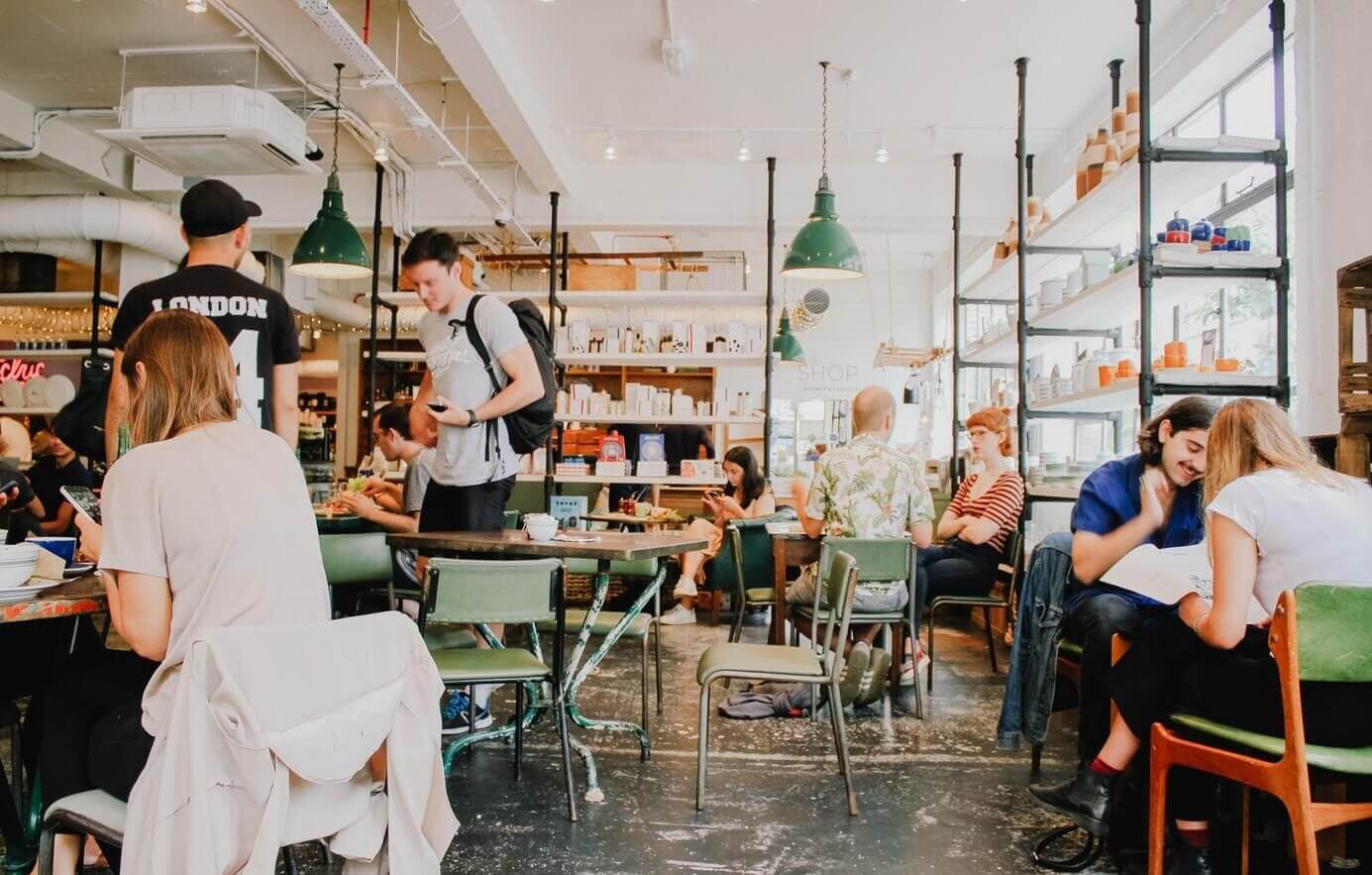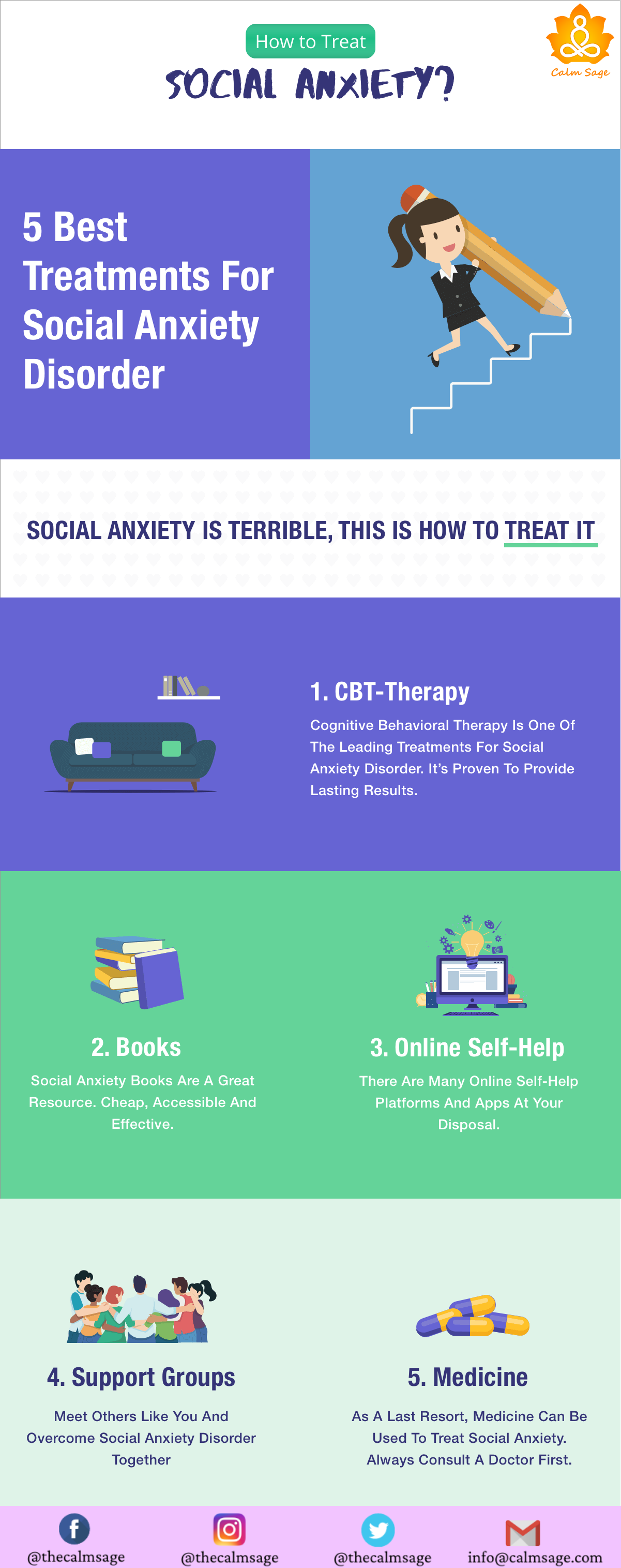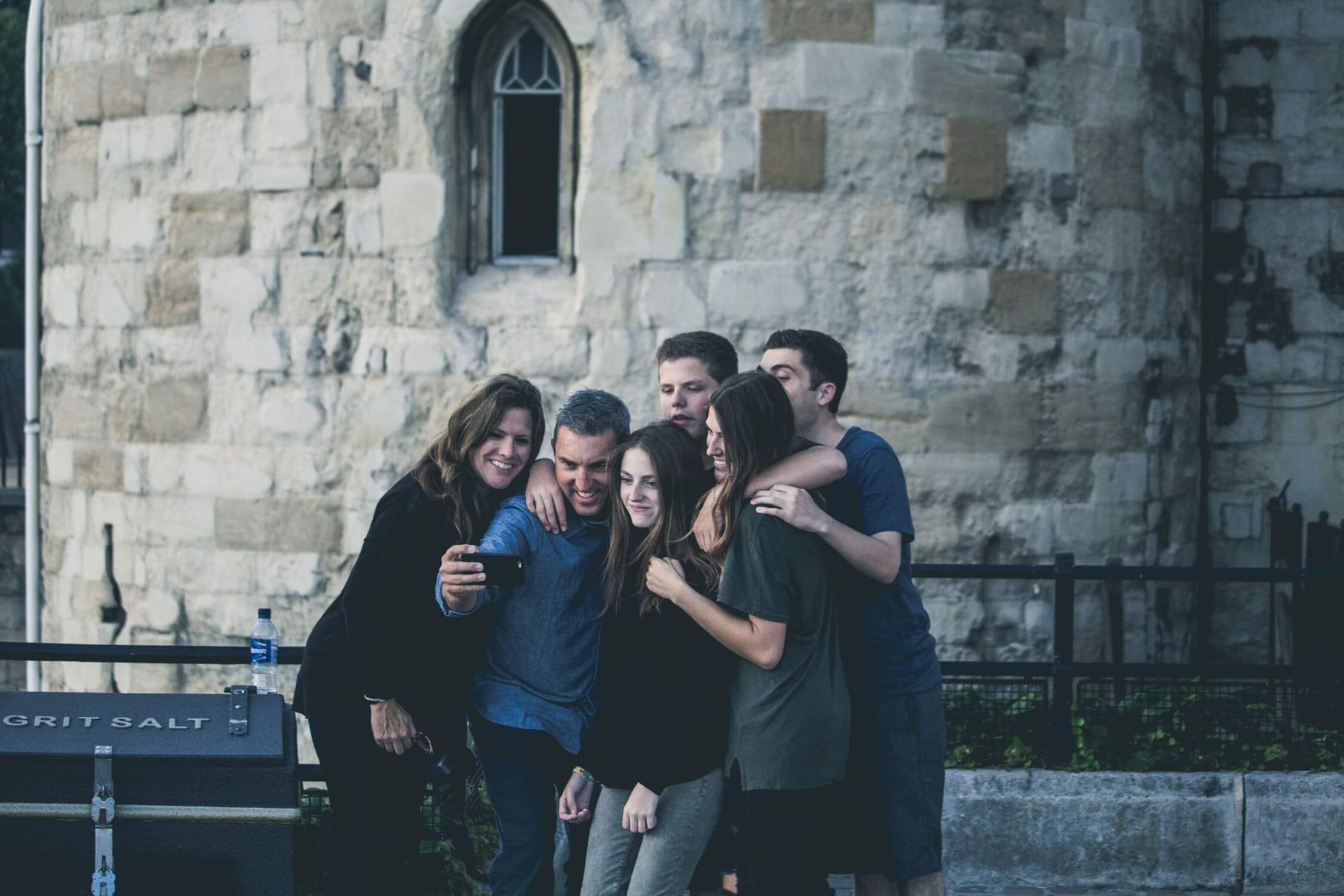What is Social Anxiety or Social Phobia? Causes and Symptoms

We understand the feeling of being uncomfortable or nervous in a social situation. Walking in a room full of strangers or public speaking is sometimes thrilling, but not for everybody. According to a study, most people experience some form of anxiety in their everyday life.
Did you know that as per estimates 7% of adults in the world experience social anxiety or social phobia? We understand the stress of handling these situations is too much and you might be avoiding all socializing till now. But, we want to let you know that there is a hope to get over social anxiety disorder or social phobia.

Before starting with social anxiety causes and symptoms, let us understand what exactly social anxiety is. Social anxiety or social phobia is an excessive fear, worry or emotional discomfort about socializing. When people worry about being scrutinized or evaluated by others, it results in increased fear of socializing with others.
Key Facts about Social Anxiety :
1. Social anxiety or social phobia develops in early childhood and sometimes remains unnoticed until adulthood.
2. The frequency and triggers of social anxiety depend on the individual and vary.
3. Getting nervous about a date, giving a presentation or participating in a competition is not considered as Social anxiety disorder.
4. Fear of embarrassment and self-consciousness are considered as causes of social phobia or social anxiety.
Self-assessment of Social Anxiety disorder:
Let’s take a quick test, to check if you are experiencing Social anxiety disorder or not-
Disclaimer: However, this self-diagnosis is only to provide you a direction. Kindly visit a mental-health practitioner for a proper diagnosis.
Common situations or troubles experienced by Social anxiety disordered people:
- Public speaking
- Dating
- Talking with strangers
- Going to parties
- Eating in front of strangers
If you can relate with the above mentioned common situations, you also might have a fear of:
- Being judged
- Being the center of attraction
- Being humiliated or embarrassed

As discussed, frequency or triggers varies differently on individuals. However, if you feel like, you have social anxiety disorder, you might experience physical symptoms like:
- Muscle tension
- Diarrhea
- Increased heartbeat
- Dizziness
- Lightheadedness

If you can relate to all or a few of the physical symptoms or situations, you might be experiencing from Social Anxiety or phobia. Let’s discuss the symptoms and causes of social anxiety disorder in detail:
Symptoms of Social phobia or Social anxiety
For better understanding, we have differentiated the symptoms into three categories: physical, behavioral and emotional.
Behavioral and emotional symptoms of social phobia:
1. Avoiding situations wherein you fear to be a focus or center of attraction
2. Fear of being situations with people
3. Deadly concerned about your self-presentation
4. Fear of humiliation or embarrassment and fear of criticism or teasing.
5. Fear of anxiousness
6. The feat of meeting people
7. Panic attacks while facing situations
8. Avoiding group activities due to fear of embarrassment
9. Fear of sharing the idea and a blank mind

Physical symptoms of social phobia:
1. Cold or sweaty hands
2. Nausea
3. Diarrhea
4. Abdominal issues
5. Confusion
6. Crying
7. Isolation
9. Trembling and shaking
9. Imbalanced walk in front of people
11. Over-sensitive
12. Low self-esteem
15. Fear of making eye contact
Causes of Social Phobia:
Below mentioned are the causes of Social phobia or social anxiety.
1. Chemicals
Chemicals in the body promote the increment of social anxiety disorder. Imbalance of Serotonin (a brain chemical) plays a major role in social anxiety or social phobia. Increased levels of Serotonin can lead to extreme sensitivity.
2. Structure of the brain
The amygdala plays a major role in responses of fears which results in excessive reaction while socializing.
3. Genetics
Genetics is still under investigation by various researchers. It has been proved that the condition appears to be run in families. Research on how and why’s of links is still under progress.
4. Demographics and weather
When compared with Scandinavian countries, Mediterranean countries have low rates of social anxiety disorder. Warm weather reduces the avoidance of social situations and increases socialization within people.
If you think that you are experiencing symptoms of social anxiety, we suggest you book an appointment with your Psychologist. Additionally, our next blog is regarding “how to deal with social anxiety at work” to ease your trouble while socializing with people.

Hope this information helps in overcoming social anxiety or social phobia. Stay tuned!
You May Like These Also:
Most Common Cognitive Distortions For Anxiety And Depression
7 Pressure Points To Relieve Stress And Anxiety
How To Relieve Stress And Anxiety? Top 10 Ways To De-stress!























Thank you Very informative and valuable article.